Dr. Tom Whyte was less than a year away from graduating with an art degree from James Madison University when he took a field archaeology class the summer before graduation.
“I wasn’t in the dirt for two days before I realized that I wanted to be an archaeologist instead of an artist,” he said.
Whyte likes to tell that story each time his own field archaeology class meets for the first time because the course’s required field experience will “make or break” a student, he said. Most students become hooked on the thrill of discovery.
Whyte loves archaeology for that same reason, he said. It’s “the thrill of solving puzzles about the human past from the clues those humans have left behind.” He teaches a variety of archaeology and prehistory classes such as Zooarchaeology, Archaeological Lab Methods and Experimental Archaeology.
His areas of research include southern Appalachian prehistoric archaeology, zooarchaeology and experimental archaeology. Recent research includes studies of animal remains from archaeological sites throughout the Southeast, with special focus on late prehistoric sites in western North Carolina such as the Garden Creek site complex in Haywood County, the Biltmore Mound in Buncombe County and various rock shelter sites in Watauga County.
His own explorations provide case studies of the necessary questions, theory, methods and techniques of his discipline, which he includes in his teaching.
In working to develop strong analytical and critical skills in his students, Whyte often tells them, “It’s not what you find; it’s what you find out.”
A recent example of his experiential approach to teaching was Fall 2016’s Experimental Archaeology class in which he sharpened students’ critical thinking skills by having them create an actual hunter-gatherer campsite, abandon it and watch how nature impacted the space over several weeks. The students also had to predict future changes to the site.
The experiment taught them “not to just assume what I find is completely right,” said anthropology major Autumn Melby of Sanford. She added, “This is just so much better than sitting in a lecture.” Catherine Allen, an anthropology major from Richmond, Virginia, described Whyte as “very engaging… he makes sure [archaeology] all stays interesting.”
Like many Appalachian faculty members, Whyte also encourages undergraduate students to assist him with his research. They gain a taste of what’s expected of professional researchers, connect classroom experience with real-world opportunities and get to present papers at conferences.
“Archaeology, like history but even more so, provides us with a broad understanding of the diversity of human culture and biology across time and space,” Whyte said.
“My personal experience of practicing archaeology has not only provided me with this understanding, but also a deep appreciation for human diversity in the present. That being said, however, what leads any of us into the practice of archaeology is simply an insatiable curiosity about the human past and how humans have become what they are today.”
What do you think?
Share your feedback on this story.
About the Department of Anthropology
The Department of Anthropology offers a comparative and holistic approach to the study of the human experience. The anthropological perspective provides a broad understanding of the origins as well as the meaning of physical and cultural diversity in the world — past, present and future. Learn more at https://anthro.appstate.edu.
About the College of Arts and Sciences
The College of Arts and Sciences (CAS) at Appalachian State University is home to 17 academic departments, two centers and one residential college. These units span the humanities and the social, mathematical and natural sciences. CAS aims to develop a distinctive identity built upon our university's strengths, traditions and locations. The college’s values lie not only in service to the university and local community, but through inspiring, training, educating and sustaining the development of its students as global citizens. More than 6,800 student majors are enrolled in the college. As the college is also largely responsible for implementing App State’s general education curriculum, it is heavily involved in the education of all students at the university, including those pursuing majors in other colleges. Learn more at https://cas.appstate.edu.
About Appalachian State University
As a premier public institution, Appalachian State University prepares students to lead purposeful lives. App State is one of 17 campuses in the University of North Carolina System, with a national reputation for innovative teaching and opening access to a high-quality, cost-effective education. The university enrolls more than 21,000 students, has a low student-to-faculty ratio and offers more than 150 undergraduate and 80 graduate majors at its Boone and Hickory campuses and through App State Online. Learn more at https://www.appstate.edu.
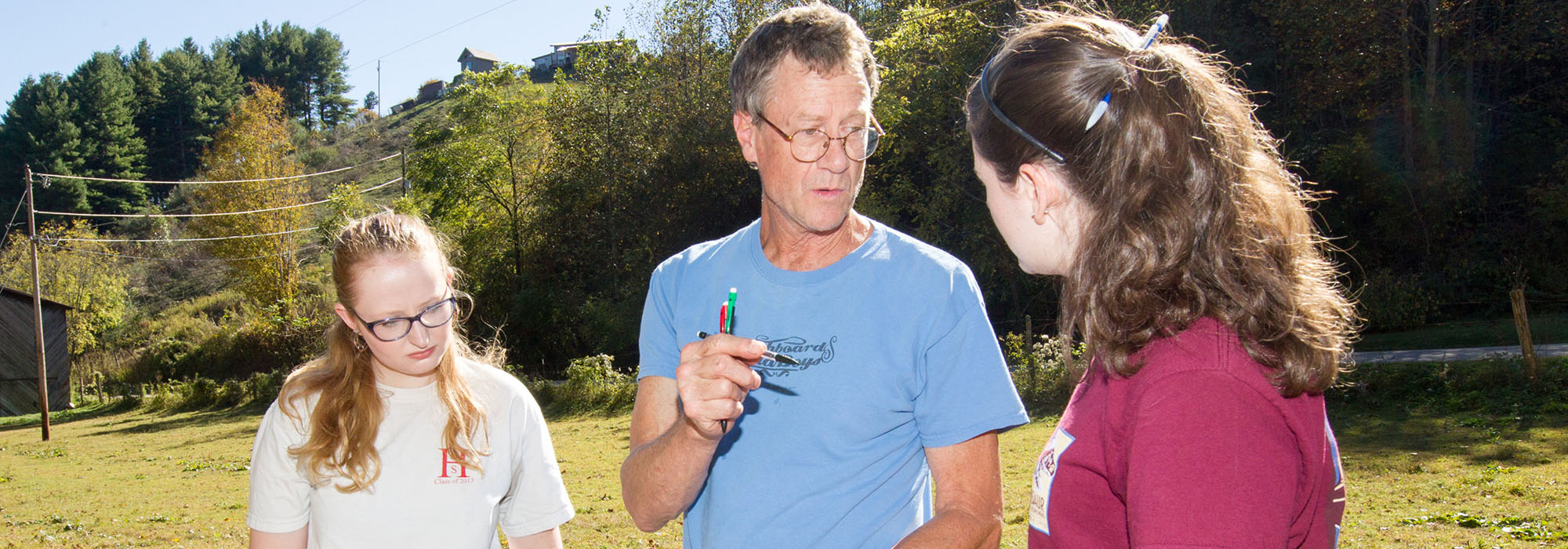
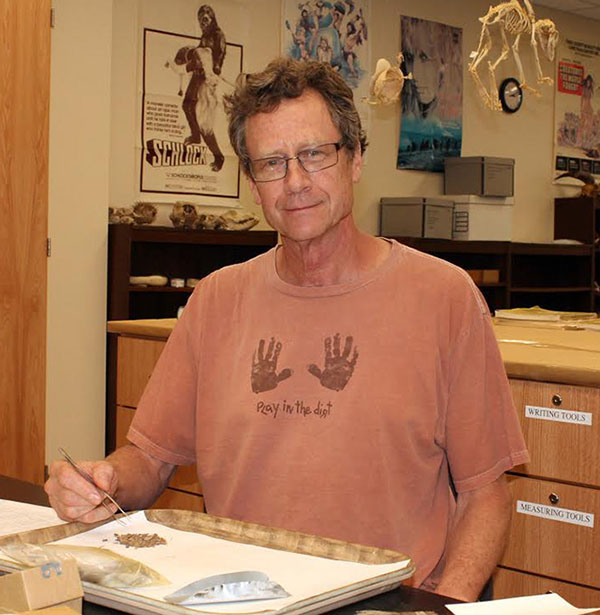
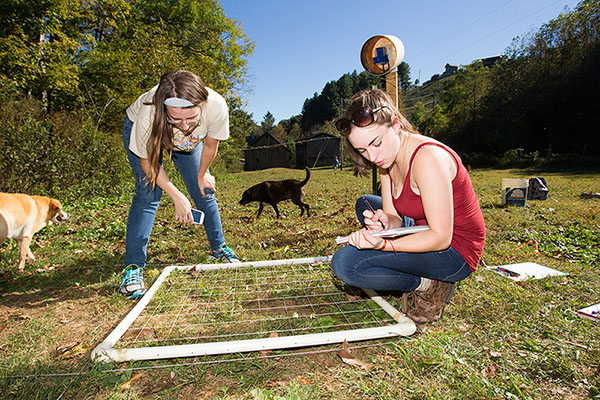
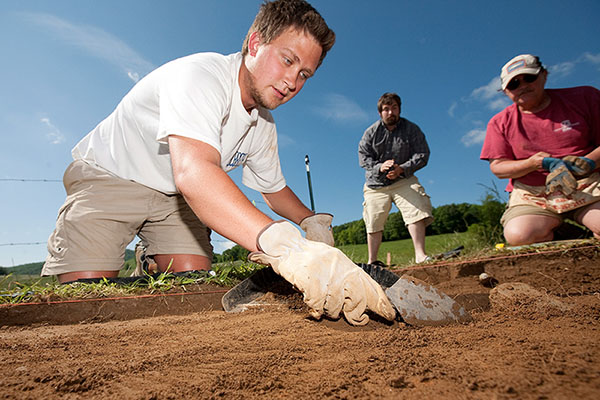
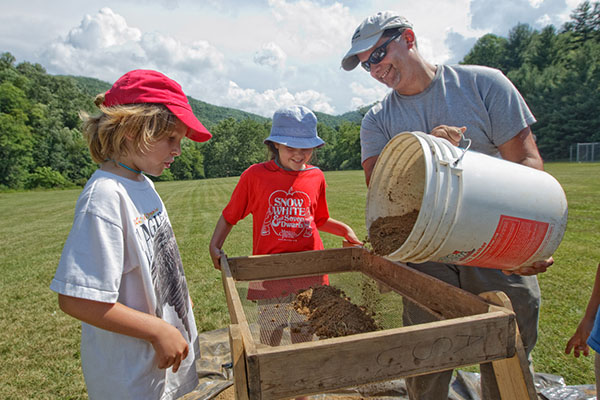



![How NCInnovation Is Rethinking Economic Development in North Carolina [faculty featured]](/_images/_posts/2026/02/rethinking-economic-development-600x400.jpg)







